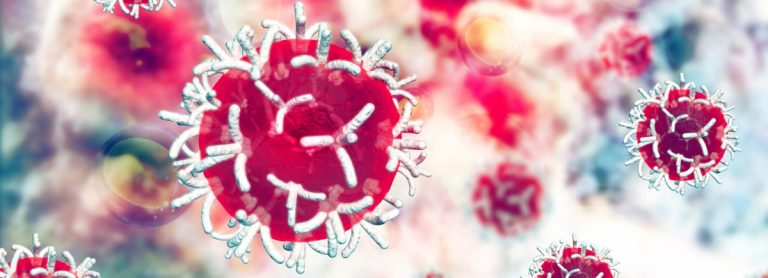
Caitlin Miron, a PhD student at Queen’s University, Canada, have found a “superglue” compound that binds well to DNA and in turn, could stop cancer cells from spreading.
The 28-year-old had made the discovery in the summer of 2015, while she was interning under Jean-Louis Mergny, research director at the European Institute of Chemistry and Biology in Bordeaux, France, according to CTV News.
“I like doing research that makes a difference to someone. Some day this could actually make someone’s life better.
“There’s definitely a lot of potential. It’s very promising. I’ve been excited about this for two years,” Miron said, as quoted by The Whig.
Caitlin Miron – PhD biochemistry student & @MitacsCanada intern – discovered a chemical compound capable of ‘switching off’ certain cellular processes that lead to the development of cancer. A well-deserved award! #MitacsAwards #cdnpoli pic.twitter.com/RTkltkYYSg
— Navdeep Bains (@NavdeepSBains) November 22, 2017
Miron was using advanced screening technology to examine a number of compounds when she identified the “superglue” that attaches well to four-stranded DNA structure, known as a guanine quadruplex, which has been linked to the development of cancer and other diseases.
“You can go in and untangle that knot, but in this case someone has gone in there first and they’ve used superglue to hold it together,” Miron said. “What we’ve discovered in that case is that glue.”
By binding the “superglue” to the quadruplex to secure the “knot” in the chain, scientists may be able to prevent the cell machinery from reaching a particular section of DNA to process it, which would, in turn, prevent the growth and spread of cancer cells, Miron said.
Mitacs, a national not-for-profit organization that works with government, businesses, and academia to promote Canadian research and training, awarded Miron for Outstanding Innovation-PhD to Miron this Tuesday for her significant achievement in research and development innovation, and is also funding the Ottawa native’s research.
Earlier this month, Miron was also granted a provisional patent for the compound she discovered. Licensing by pharmaceutical companies should be ready within two to five years, according to Mitac
Depending on its final structure, Miron said, the compound could be administered intravenously or perhaps orally.
“Like chemo with less side effects,” she said. “That’s the goal.”
Liked this? Then you’ll love these…
Will masala chai cause dementia? This university wants to find out
PhD student told he can’t defend thesis while dressed as a pirate







